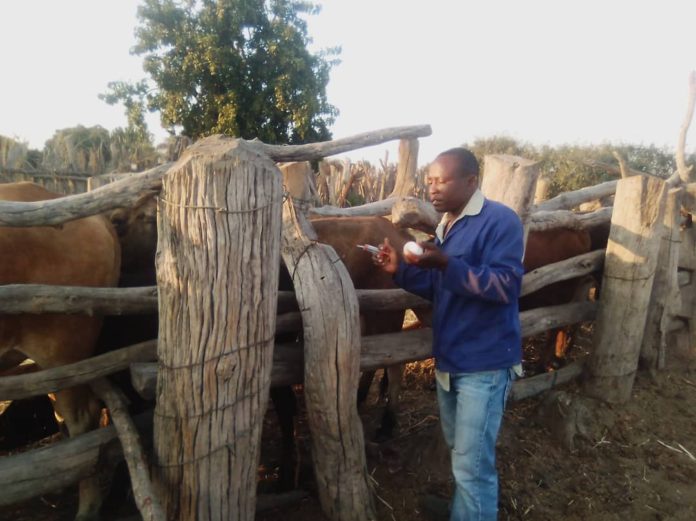South Africa, Pretoria 18 May 2023 – The South African Veterinary Association (SAVA) is deeply troubled by the dire state of animal biosecurity in South Africa, as revealed in a recent report. The findings highlight a series of major concerns regarding the management and response to outbreaks of animal diseases, resulting in severe socio-economic repercussions. These include the loss of livelihoods for disadvantaged communities and the disruption of local, national, and international markets.
The report stems from the investigation conducted by the Task Team on Animal Health Biosecurity, which was appointed by the Minister of Agriculture, Land Reform, and Rural Development in September 2021. The Task Team’s extensive research focused on three critical areas: the evolving epidemiology of animal diseases, the country’s ability to diagnose diseases promptly, and the preparedness to implement effective biosecurity measures based on scientific justifications. Regrettably, the Task Team’s findings indicate significant failures in all three areas. This report is dated 22 May 2022 and was only released in the last few days.
The Task Team meticulously studied previous external investigations conducted by reputable institutions such as the United States Department of Agriculture (USDA), the World Organisation for Animal Health (OIE), and the European Union (EU) between 2007 and 2017. They also interviewed key stakeholders, including communal farmers, within the livestock industry. The report reflects a comprehensive summary of the concerns and challenges expressed by these stakeholders, further corroborated by the findings of external evaluators.
One of the crucial factors highlighted in the report is the critical role of accurate and timely disclosure of animal health information throughout the production and marketing value chain. Unfortunately, several factors, such as non-compliance, lack of transparency, and co-mingling of infected and healthy animals, have hindered the detection and prevention of disease outbreaks. Urgent corrective measures, including improved communication, awareness training, primary animal health care, and regulatory enforcement, are needed to ensure compliance and mitigate risks.
The concerns raised by industry stakeholders shed light on the inadequate implementation of previous recommendations, which directly contributed to the current crisis. The report underscores systemic issues, legislative constraints, budgetary challenges, a trust deficit, non-alignment between stakeholders, and failures in execution and implementation as the root causes of the broken veterinary and animal biosecurity system.
Throughout the Task Team’s consultations, it became evident that the lack of coordination between national and provincial governments, poor decision-making, subpar maintenance of critical infrastructure, insufficient disease surveillance, and non-compliance by livestock owners have further exacerbated the animal biosecurity challenges. The report provides detailed insights into these shortcomings, calling for immediate attention and remedial actions.
“Based on the report’s findings, SAVA emphasises the urgency of implementing a range of short-term recommendations to address the crisis effectively. These recommendations include establishing clear chains of command, allocating funding, enhancing movement control, enforcing regulatory compliance, reinstating disease control measures, and creating public-private partnerships during emergencies. Additionally, medium to long-term measures, such as reviewing legislation, evaluating organisational structures, and improving communication channels, are essential for sustainable progress in animal biosecurity, says SAVA President Dr Paul van der Merwe”.
The SAVA calls upon the Minister of Agriculture, Land Reform, and Rural Development to urgently address the identified shortcomings, implement the recommended measures, and prioritise the restoration of animal biosecurity in South Africa. It is crucial to foster collaboration between all stakeholders and demonstrate a strong political will to effect transformative change.
SAVA remains committed to supporting the implementation of effective biosecurity measures, promoting veterinary excellence, and safeguarding the economic well-being of livestock producers. We urge all participants in the value chain, including livestock owners and handlers, to comply with regulatory requirements and actively enforce biosecurity measures to prevent the spread of animal diseases.








